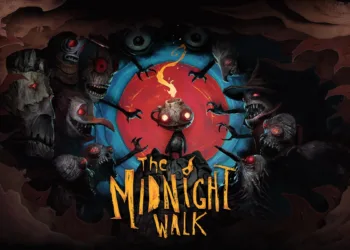Netflix’s latest true crime docuseries “Dirty Pop: The Boy Band Scam” is finding itself at the center of an ongoing controversy regarding the use of artificial intelligence in documentary filmmaking. Director David Terry Fine’s decision to include a deepfake recreation of the late music mogul Lou Pearlman, who died in 2016, has renewed debate around the ethical applications of AI technology in storytelling.
In an interview with IndieWire, Fine defended utilizing a deepfake version of Pearlman, which was modeled after an unreleased pitch video discovered in his office. The process involved a stand-in actor and AI algorithms to generate Pearlman’s likeness and vocal performance. Fine argues the deepfake serves as “poetic justice” aligned with Pearlman’s own deceptive persona, which he used to scam countless artists and investors over the years through boy bands like NSYNC.
While acknowledging traditional VFX could achieve a similar result, Fine was drawn to AI’s flexibility in tweaking the underlying algorithm in post-production versus repeatedly asking artists to make manual adjustments. However, others remain concerned with the potential for misinformation and how deepfakes may erode authenticity and truth in the documentary format.
The debate is far from over as the entertainment industry continues grappling with complex issues surrounding AI and its role in storytelling. While some see the technology as innovative, films like “Late Night With the Devil” that incorporated deepfakes in promotional content faced backlash last year. As the docuseries highlights Pearlman’s fraudulent acts and the evolving relationship between truth and tech in media, questions around creative expression and ethical responsibilities will persist long after the final credits roll.

















































Discussion about this post